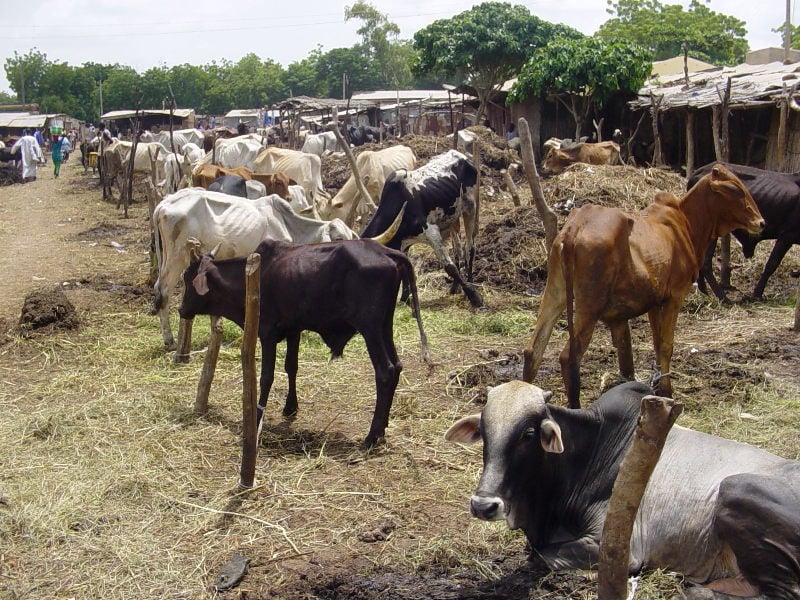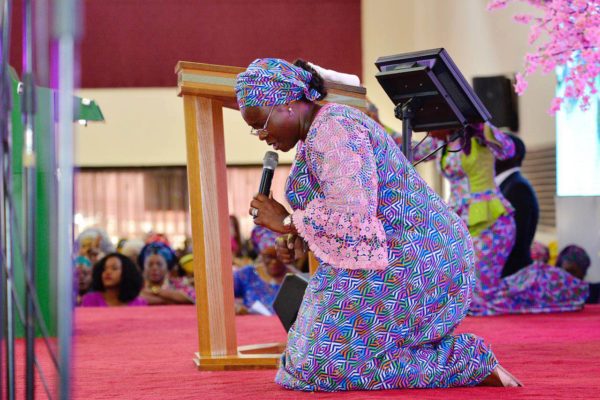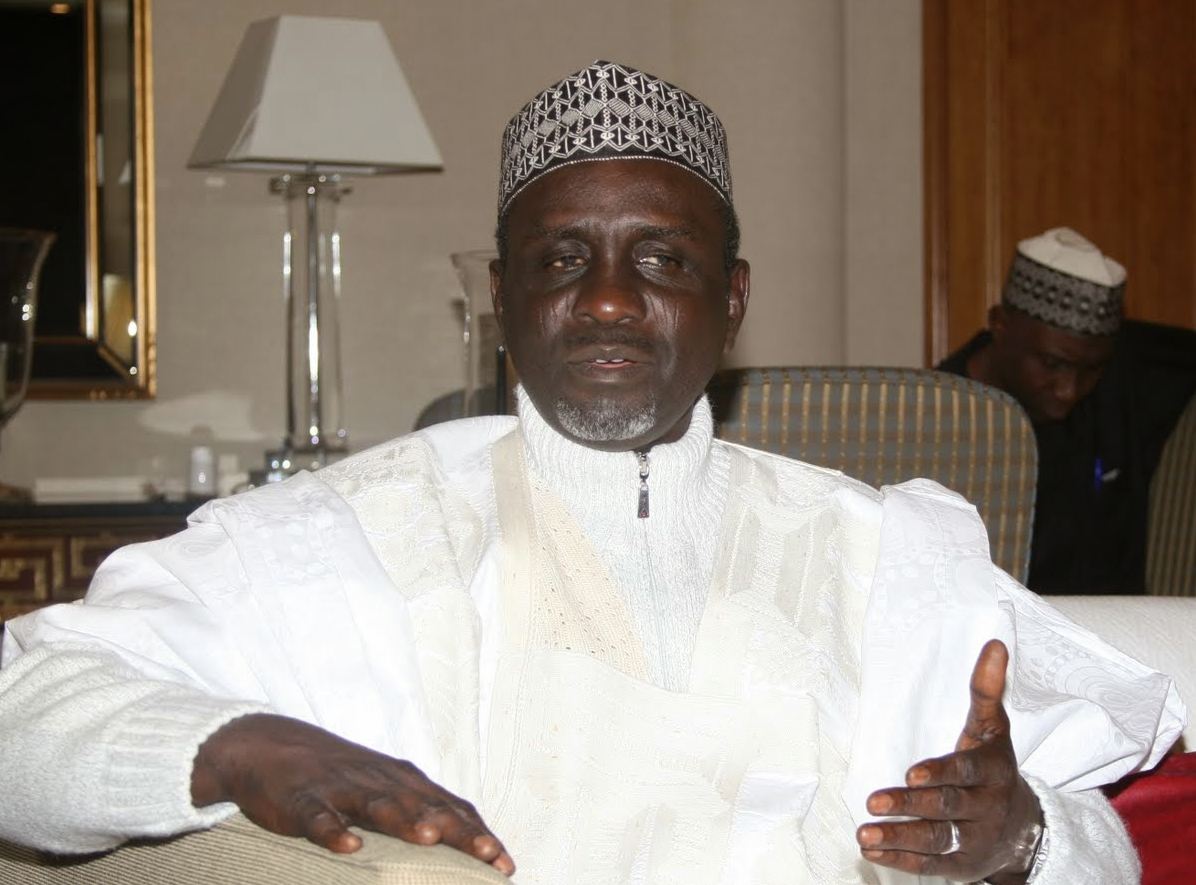BY AKIN OYAWALE
Friends, Nigerians, compatriots, comrades in thoughts, ‘lend me your ears (and attention)’. This may be perceived as a polemic, but I acknowledge beforehand the contestability of my position and arguments, and distance myself from disingenuous claims of objectivity but rather a stance of critical subjectivity.
As Gramsci, once wrote in one of his prison manuscripts: ‘the crisis consists precisely in the fact that the old is dying and the new cannot be born; in this interregnum a great variety of morbid symptoms appear’ (Forgacs et. al 2012). While this statement was not made about Nigeria, it could be adapted to the current situation in the country which I would refer to as a ‘Nigerregnum’: where the ‘old is dying and the new cannot be born’.
On October 1st, 1960, young, tenacious, intelligent and agile Nigerians hoisted the green-white-green flag with unprecedented optimism and a credence in a new Nigeria that would be powered by a mixture of the exuberance of youth and the wisdom of elders. The problem we have today is that those elders of yesterday passed away; the youths of yesterday have become elders; a Nigerregnum has prevented the new from being born, hence why there is a vacuum to be filled. Have you ever asked why septuagenarians are the most influential demographic in Nigeria today? This is not peculiar to Nigeria but reveals a more ubiquitous ‘gerontomaniacal’ predilection within the African continent. Teodoro Obiang Nguema Mbasogo has been the head of Equatorial Guinea for 35 years; José Eduardo dos Santos has been the leader of Angola for 35 years; Robert Mugabe has been the leader of Zimbabwe for 34 years; Paul Biya has led Cameroon for 32 years; Yoweri Museveni has been in charge of Uganda for 28 years; Omar al-Bashir has ruled Sudan for 25 years; Idriss Déby has been in charge of Chad for 23 years; while Isaias Afwerki and Yahya Jammeh have both ruled Eritrea and The Gambia for 23 years and 20 years respectively. But these leaders have lived long, how does it make sense to argue that the old are dying and that that the new cannot be born? They have done so in a continent that has an average life expectancy of 51 years for males and 54 years for females (Statista 2015), which reveals an anomalous life expectancy for these particular ruling elites.
Advertisement
What is the primary cause of this gap when there is rarely a maternity ward in Nigeria that does not savour the first cry of a new-born at sunrise? Even though sunset is jealous, she gets her fair share. Or why does the population soar? So, is it a trick of nature that we can be born without being born? Maybe not, but rather many are born but a few are chosen? A very unmistakable symptom of a Nigerregnum is when an unremarkable immediate past is worshipped like a deity, and an unpredictable immediate future is dreaded like a pandemic. Isn’t it mindboggling that some Nigerians are yearning nostalgically for the past administration that was adjudged egregiously incompetent and unrepentantly corrupt just over a year ago? Likewise, thoughts of the culmination of our current economic downturn could scare even the most optimistic daredevil to death.
So why can someone who has not lost his marbles surmise that the new have not been born, when the women are fertile and the men are resolute and overflowing with fecund semen? Why have the new not been born, if these same Nigerian wombs held legends such as Dr Nnamdi Azikiwe, Alhaji Tafawa Balewa, Chief Obafemi Awolowo, Alhaji Ahmadu Bello, Chief Ladoke Akintola, Oloye Hezekiah Oladipo (H.O) Davies, and Anthony Enahoro, among others? Mario Puzo offers his two cents or perhaps more, ‘great men are not born great, they grow great’. So could it be the case that we have stopped ‘grow[ing] great’? This may appear to be an injudicious assumption prima facie but on closer scrutiny, it is perhaps, less so.
Our educational institutions churn out ‘graduates’ that are ‘schooled’ but not ‘educated’. A similar thought prompted Grant Allen’s maxim in his book, Post-Prandial Philosophy. In it he argues that, ‘a misfortune it is that we should thus be compelled to let our boys [children’s] schooling interfere with their education’. For us, schooling has not only interfered but has superseded education which is why we always look outwards for answers that are right around and within us. This is perhaps why we are yet to achieve a certain degree of consciousness, which is a prerequisite for ‘enlightenment’ and the emancipation of the mind. Our acquiescence to elitist dogma, elderly doctrines and Western ideas is particularly troubling. However, this is not unexpected as the Nigerian system (and in extension, that of most of the post-colonial world) was imposed to serve as an academe for the indoctrination of acquiescent youths who must lack critical thinking and a knowledge of their own past in order to kowtow to colonial subversion-cum-subordination and celebrate ‘neo-slavery’ as independence. One of the greatest scientists to have walked the earth aptly describes what higher education should aim to achieve. To Albert Einstein, ‘the value of a college education is not the learning of many facts but the training of the mind to think’. How many graduates in Nigeria can think outside the core modules they were taught at university? Those that could would have been ‘de-radicalised’ by unapologetically conservative lecturers who are bent on preserving a curriculum that encourages students to comprehend and acquire knowledge to pass exams, which is sadly at the very bottom of Bloom’s taxonomy.
Advertisement
In another manuscript, Gramsci emphasises the importance of education in the preparation of the mind for leadership when he argued that, ‘the history of education shows that every class which has sought to take power has prepared itself for power by an autonomous education’. This suggests that the preservation of an interregnum might require a situation where the tarrying generation preserves its relevance by denying the coming generations of education, but mere schooling. At the individual level, this can be circumvented through the emancipation of ‘oneself from political and social slavery’ through freeing the intellect. In a nutshell, public education could be a weapon for the preservation of an interregnum but this could be abbrogated through autodidacticism.
Nigeria’s morbid symptoms are all too noticeable. Terrorism, insurgency, poverty, fourth highest maternal mortality rate in the world, baby factories, rampant organised crime, advanced fee fraud- 419, incessant armed robbery, rampaging herdsmen, endemic corruption, kakistocracy, kleptocracy, cultism, money rituals, hyper-religiosity, subsidy scam, epileptic power supply, and an endless list of lesser symptoms. To realise that these symptoms are not peculiar to Nigeria but are prevalent throughout most of sub-Sahara Africa is disheartening and thus a suggestion of an ‘Afrorregnum’.
While experience is valuable, under the tutelage of these well versed leadership veterans, Nigeria has witnessed its most profound level of political debauchery. This does not exculpate the youth, as avid students of Nigerian political history can vividly recall that the first coup in Nigeria that opened a Pandora’s Box, which eventually culminated in the Nigerian Civil War, was planned and executed by Kaduna Nzeogwu, Emmanuel Ifeajuna, Timothy Onwuatuegwu, Chris Anuforo, Don Okafor, Adewale Ademoyega and Humphrey Chukwuka, all youths in their late twenties and early thirties at the time. The counter-coup in July 1966 was spearheaded by Lt Colonel Yakubu Gowon, Lieutenant Muhammadu Buhari, Major Shittu Alao, Major Theophilus Danjuma, Lieutenant Colonel and Murtala Muhammed, among others, who were all in their early thirties.
It is possible to recognise the termination of our Nigerregnum. Be on the lookout for these signs: kids will be eager to grow and become adults with more gusto and willpower that can conquer the fears and challenges of tomorrow; youths will be more assertive and willing to shoulder more responsibility; for the elders, retirement wouldn’t be the worst nightmare; the dying will embark on their final journey in peace with an utmost confidence that the future is safe in the hands of the living. There will come a time in my beloved country when Nigerregnum will be a thing of the past and we can all march into that future that we have until this time dreaded, with hope and determination that know no bounds.
Advertisement
Bibliography
Forgacs, D., Nowell-Smith, G. and Boelhower, W., 2012. Antonio Gramsci: Selections from cultural writings. Lawrence & Wishart.
Griffin, M. ed., 2009. A companion to Julius Caesar. John Wiley & Sons.
Advertisement
Messenger, C., 2012. Godfather and American Culture, The: How the Corleones Became” Our Gang”. SUNY Press.
Oyawale, a PhD candidate and associate tutor in Politics at the University of East Anglia, specialises in politics, international security studies/relations. For feedback, he can be reached on twitter via @akinoyawale
Advertisement
Views expressed by contributors are strictly personal and not of TheCable.
Add a comment






